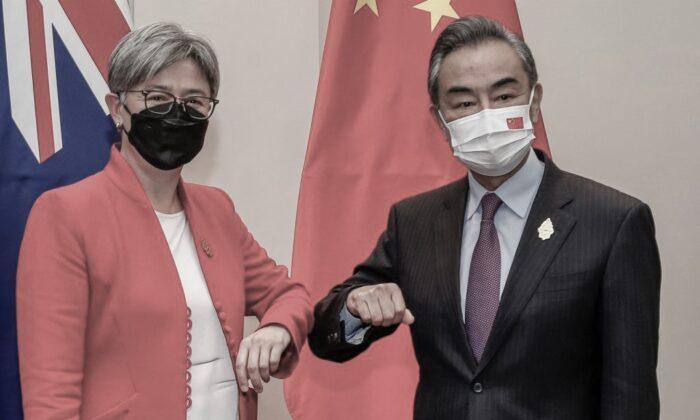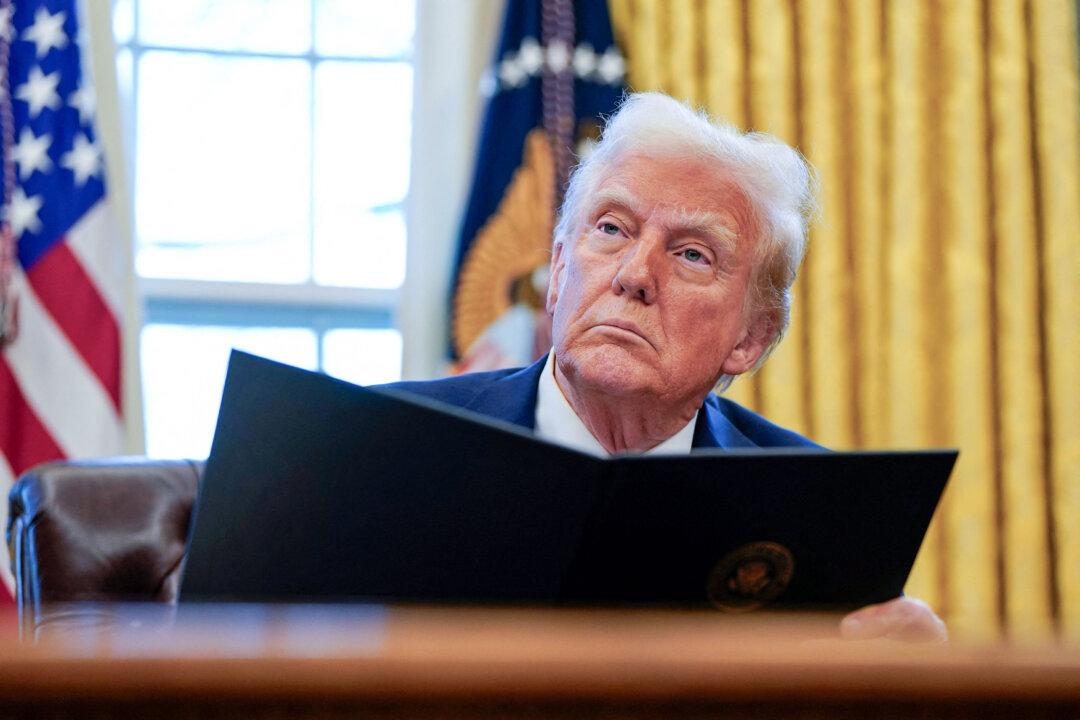Australia wants to stabilize relations with China but expects this to be a gradual process, Australian Foreign Minister Penny Wong said after a meeting with her Chinese counterpart on Friday.
Speaking to reporters, Wong said that she had a “constructive meeting” with Chinese Foreign Minister Wang Yi about a range of issues on the sidelines of the United Nations General Assembly in New York.
She told Wang that Australia’s government “will continue to speak on those issues we believe are necessary” and engage with China to stabilize relations that had been strained under the previous government.
“China articulates their position. We articulate ours. In terms of issues of difference, obviously first amongst them is the issue of trade blockages and that’s the issue that I focused on at the outset,” she added.
Wong also urged the Chinese Communist Party (CCP) to use its influence to help end the Russia-Ukraine war, citing China’s status as one of the five permanent members of the U.N. Security Council (P5).
“We encourage China as a P5 member with a special responsibility to uphold the U.N. charter to use its influence to end the war,” she said.
In terms of China’s military drills surrounding Taiwan, Wong said that Australia adheres to the “One China Policy,” which includes economic and people-to-people ties with Taiwan, and urged the CCP to exercise restraint.
Australia-China Relations
China is Australia’s major trading partner but relations have deteriorated since Australia called for an inquiry into the origins of the COVID-19 pandemic in April 2020, and China imposed trade bans on Australian exports.Deputy Prime Minister Richard Marles said Wednesday that his government was working to mend relations with the CCP, but added that Australia would not sacrifice its national interests for that cause.
“Advancing our national interest is done by making sure that we are engaging with the world in a professional sober diplomatic war and that means stabilizing our relationship with China,” he added.
Australian Prime Minister Anthony Albanese had previously called on China to drop its coercive trade restrictions, which swept up eight major Australian exports—beef, seafood, wine, honey, lamb, wheat, coal, and timber.





